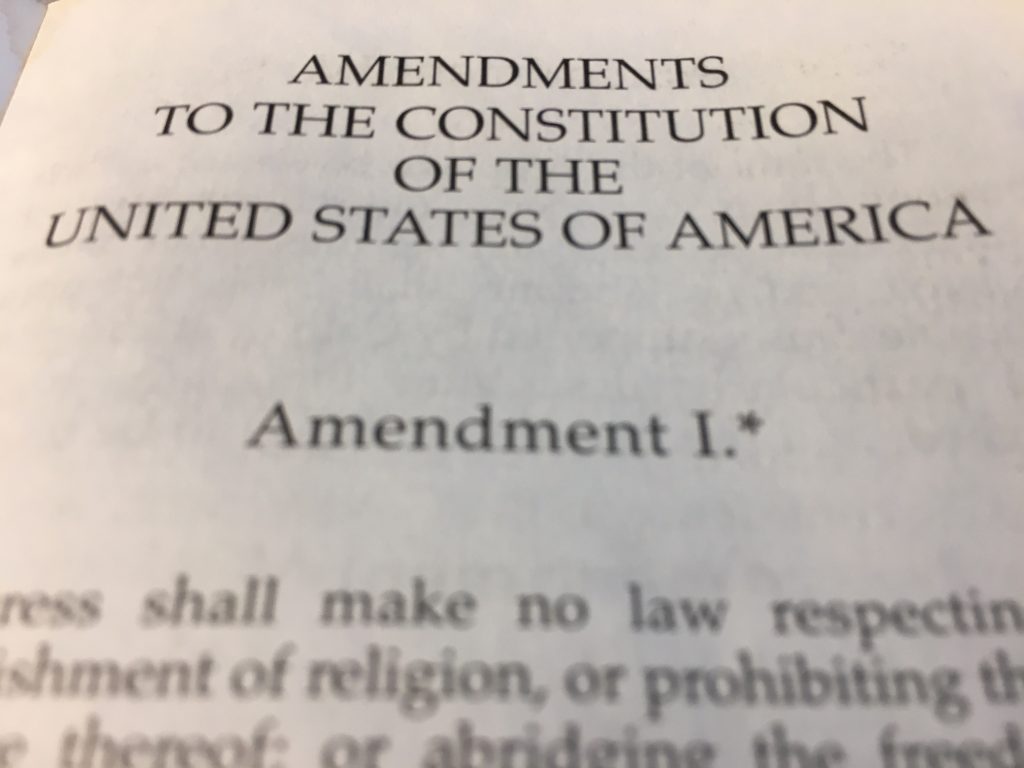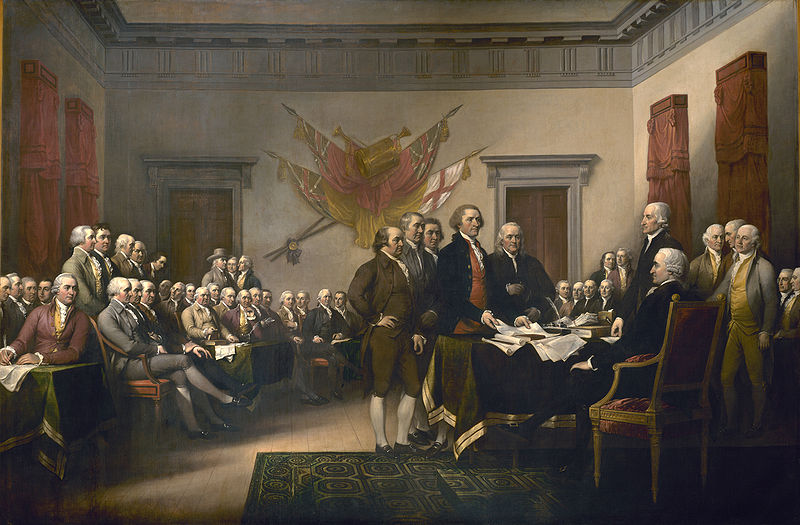Why Do We Have An Electoral College?
“It seemed like the electoral college was [historically] a rubber stamp for the popular vote.”


This week the electoral college officially elected businessman Donald Trump as the next president of the United States. The popular vote was also certified, giving Hillary Clinton nearly three-million more votes than Trump in the presidential election.
This is the second time in 16 years that a candidate has won the popular vote but lost the electoral college, and therefore the election.
Why was the electoral college established by the founders? And can the system survive if a discrepancy in popular vote and electoral college vote emerges more frequently?
“It seemed like the electoral college was a rubber stamp for the popular vote” for many decades, says Richard Primus, a professor and constitutional law expert with the University of Michigan. “We’re not in that situation anymore.”
Primus appeared on Detroit Today with host Stephen Henderson.
To hear Primus discuss the history of the electoral college, and its current value, click on the audio player above.
